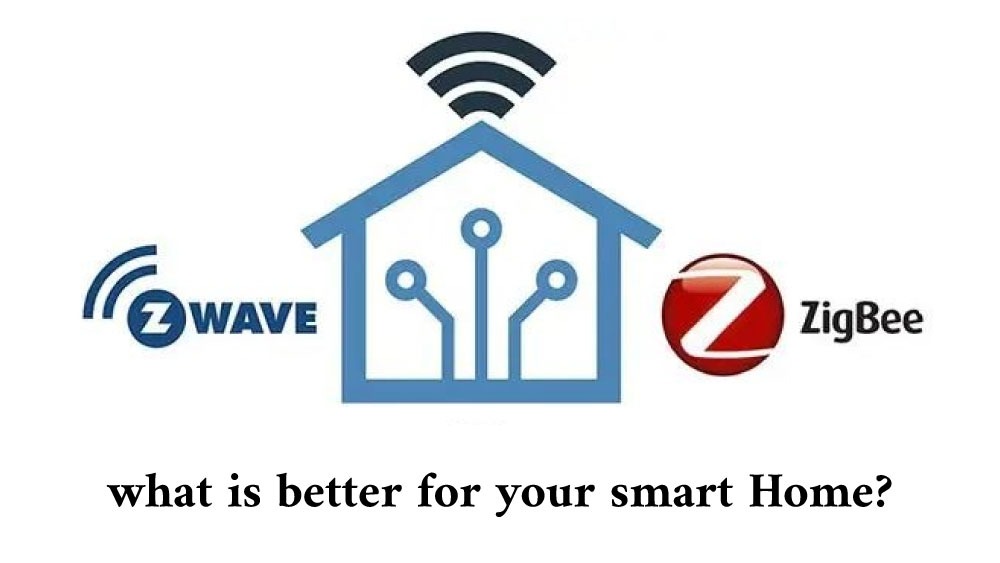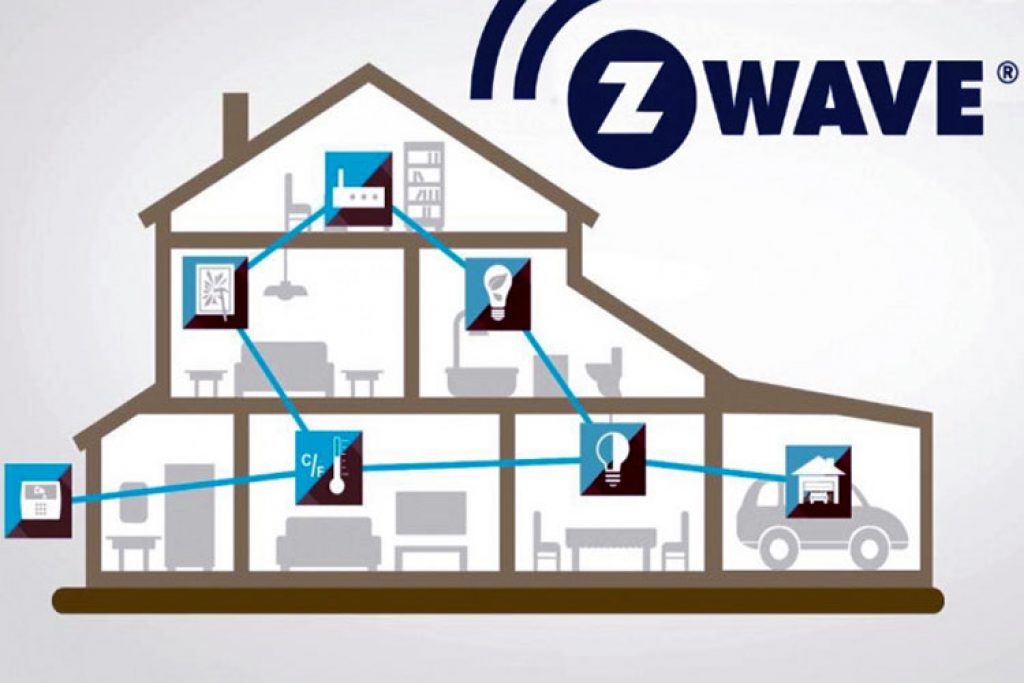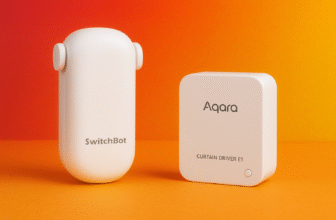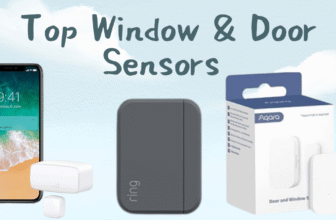
When it comes to choosing the right wireless communication protocol for your smart home, it’s essential to understand the specs, compatibility, and unique features of each technology. Z-Wave and Zigbee are two of the most popular wireless communication protocols used in smart homes, and both have their advantages and disadvantages.
Compatibility
Z-Wave is a proprietary wireless communication protocol, which means that only devices that are Z-Wave certified can work with each other. However, there are over 3,000 Z-Wave-certified devices available in the market, including smart locks, thermostats, and lights. Zigbee, on the other hand, is an open-source wireless communication protocol, which means that it’s easier for developers to integrate Zigbee into their devices. However, not all Zigbee devices are compatible with each other, which can make it challenging to create a cohesive smart home ecosystem.

Range and Signal Strength
Z-Wave and Zigbee both work on low power and use a mesh network to communicate with each other. This means that each device can act as a repeater to extend the signal range. Z-Wave devices have a larger signal range than Zigbee devices, making them better suited for larger homes. However, Zigbee devices have a shorter signal range, making them more energy-efficient and better suited for smaller homes.
Battery Life
Z-Wave devices have a longer battery life than Zigbee devices. This is because Z-Wave devices use a lower frequency, which consumes less power. Zigbee devices use a higher frequency, which consumes more power and can drain the battery more quickly.

Security
Z-Wave uses AES-128 encryption, which is considered to be one of the most secure encryption methods available. Zigbee, on the other hand, uses 128-bit encryption, which is also secure but not as secure as AES-128.
Cost
Zigbee devices are generally less expensive than Z-Wave devices, making them a more budget-friendly option for those who are just getting started with smart home technology. Z-Wave devices are generally more expensive, but they offer a more robust and reliable smart home ecosystem.
Z-Wave Vs. Zigbee
When it comes to choosing between Z-Wave and Zigbee, it ultimately depends on your specific needs. If you’re looking for a more reliable and robust smart home ecosystem that can handle multiple devices and has a longer signal range, then Z-Wave might be the right choice for you. On the other hand, if you’re looking for a budget-friendly option and don’t need a long signal range, Zigbee might be a better option for you.
In conclusion, both Z-Wave and Zigbee are excellent wireless communication protocols for smart home technology. They both have their unique advantages and disadvantages, and it’s up to you to decide which one is the right choice for your specific needs. Whichever one you choose, you can be sure that your smart home will be more comfortable and convenient than ever before.






